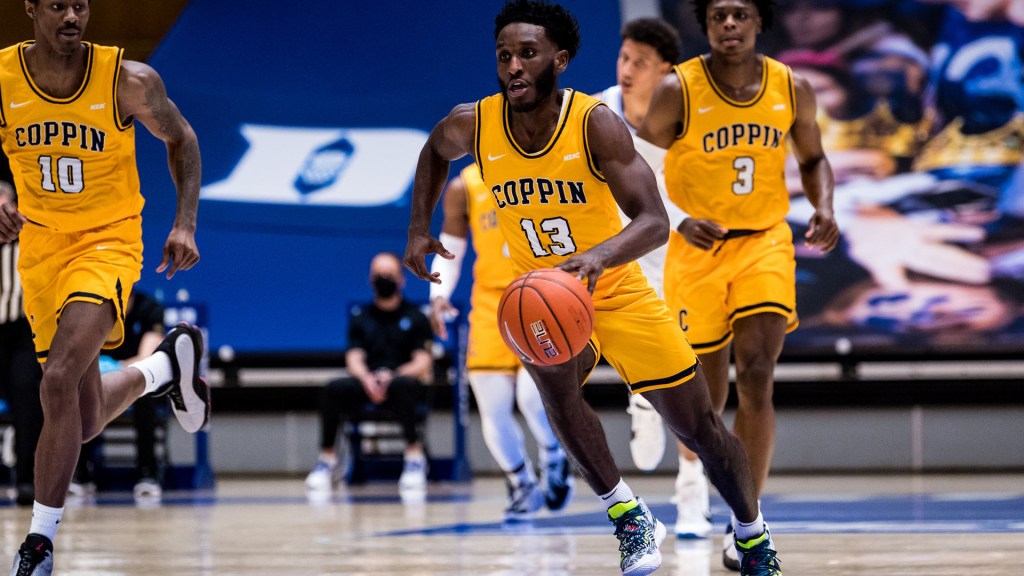The NCAA is exploring the idea of granting athletes five years of eligibility across all sports, according to Jon Rothstein.
While this proposal offers potential benefits, it also raises concerns about the stability and future of college athletics. Here are two key pros and cons:
Pros
- Extended Player Development
An additional year of eligibility would give athletes more time to improve their skills, recover from injuries, and make meaningful contributions to their teams. This could lead to higher-quality competition and enhanced athletic performance across all sports. - Expanded Academic Opportunities
The extra year could allow athletes to complete their degrees, pursue graduate studies, or engage in career-building opportunities like internships, aligning with the NCAA’s commitment to the holistic development of student-athletes.

Cons
- Increased Transfer Instability
With existing rules allowing athletes to transfer every academic year without penalty, a fifth year of eligibility could further destabilize rosters. Players might use the extra time to chase better opportunities, making it harder for programs to build cohesive teams. - Scholarship and Roster Challenges
Allowing athletes to stay for an additional year could create bottlenecks for new recruits, limiting opportunities for high school athletes. Smaller programs with tighter budgets may struggle to accommodate the financial demands of larger rosters, deepening the divide between well-funded schools and those with fewer resources.
This NCAA proposal offers exciting possibilities for athletes’ development and education but also poses challenges that could disrupt the traditional dynamics of college sports. Then, again, we have a player like former Coppin State guard Dejuan Clayton, who just wrapped up his eighth college basketball season.
